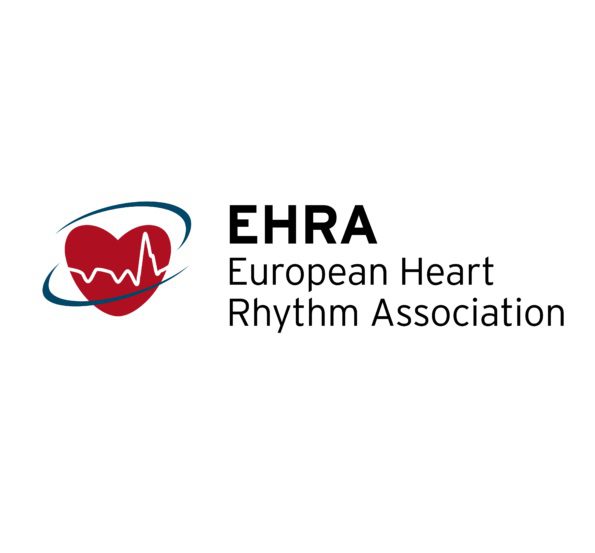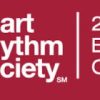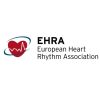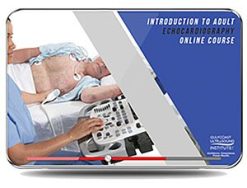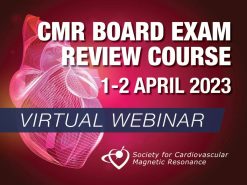EHRA Advanced Cardiac Electrophysiology Course 2018
$35,00
Samples for Courses Can be found here : Free Samples Here!
EHRA Advanced Cardiac Electrophysiology Course 2018
EHRA Advanced Cardiac Electrophysiology Course 2018
Topics :
01- Basic Electrophysiology Mechanisms cellular ectrophysiology and ion channels how they work, when they go wrong and how drugs affect them.
02- Cardiac anatomy for the electrophysiologist.
03- Conduction and refractoriness fixed and functional block how we study electrical properties in Clinical EP and revision of the concept of entrainment.
04- Differential diagnosis on ECG and mechanisms of supraventricular tachycardias.
05- Diagnostic tools – Intracavitary recordings and electrophysiology equipment (Bipolar vs unipolar signals, amplifiers, filters, catheters and digital recording systems.).
06- The diagnostic EP study (Intervals, indications and diagnostic maneuvers like pace mapping and entrainment).
07- Atrial flutter and atrial macroreentry electrophysiologic diagnosis Entrainment manoeuvres.
08- Practical examples on how to read ECGs and tracings, part 2 focusing on wide QRS tachycardias
09- Practical examples on how to read ECGs and tracings part 3 focusing on atrial tachycardiaflutters.
10- Therapeutic tools – Basic Concepts, techniques and safety issues of ablation
11- The electrophysiology study and ablation of AV nodal reentry.
12- The electrophysiology study of accessory pathway conduction.
13- How to perform transeptal catheterization
14- Imaging anatomy and 3D mapping system principles.
15- The basic principles of ablation of AF (focusing on techniques and simple examples of PV tracings.
16- PV ablation for atrial fibrillation. Patient selection, ablation techniques, electrogram analysis.
17- Role of single shot techniques for atrial fibrillation ablation.
18- Ablation for macro re-enterant atrial tachcardia and atypical atrial flutter.
19- Ablation for focal atrial tachycardia.
20- The basic principles of mapping and ablating VT
21- Ablation of VT in the normal heart
22- Idiopathic VT. Tracings, management and ablation techniques
23- Ablation of ventricular fibrillationPartager
24- Role of MRI and CT in substrate ablation for VT, Epicardial VT ablation, case examples
25- Role of roboics in arrhthmia ablation, Traces, case examples
26- Diagnosis and mechanisms of inherited cardiomyopathies and channelopathies
27- Complex decisions in genetic arrhythmias and channelopathies Prophylactic ICD genetic testing
28- Pacemaker cases
]
Related products
CARDIOLOGY
CARDIOLOGY
CARDIOLOGY
CARDIOLOGY

